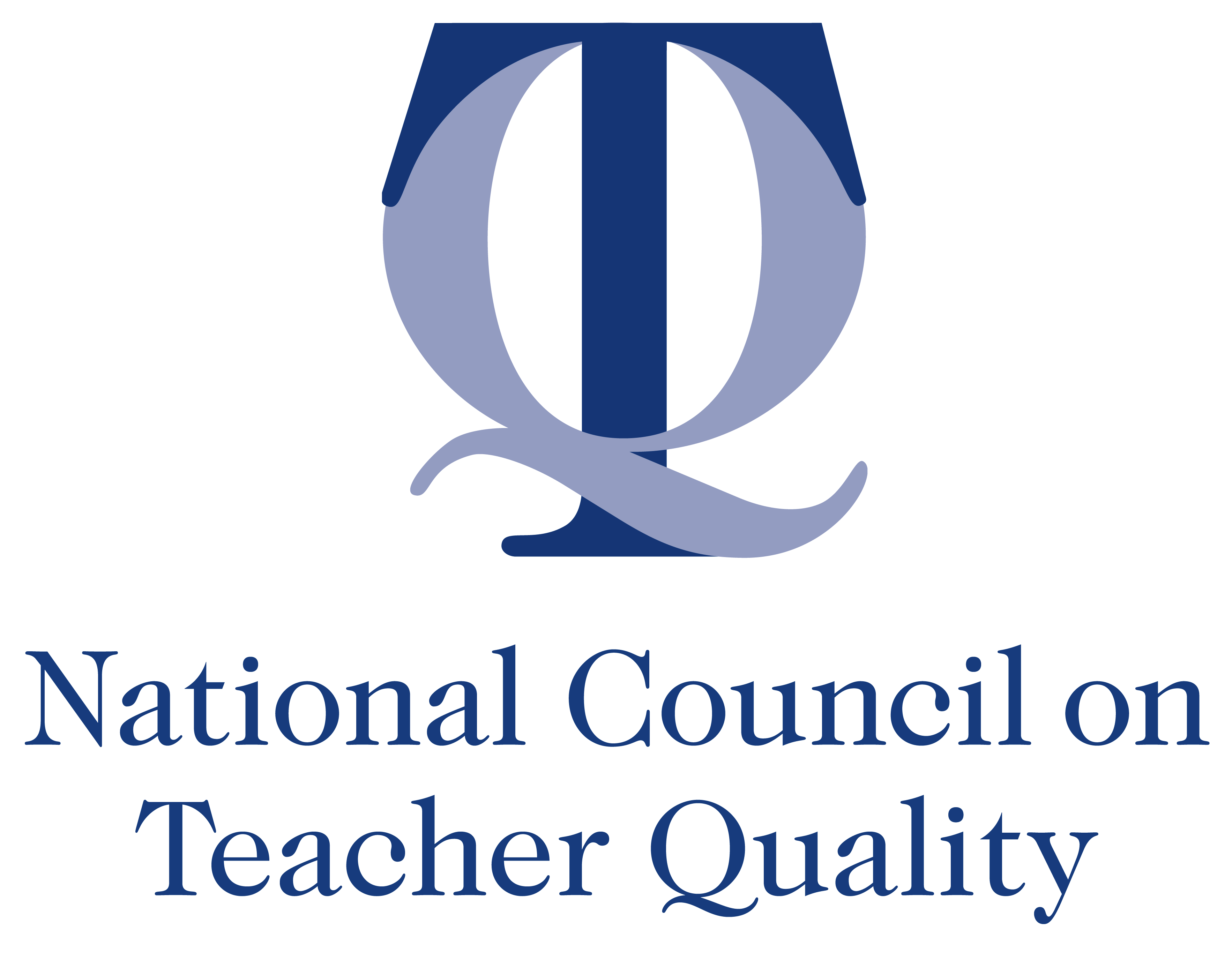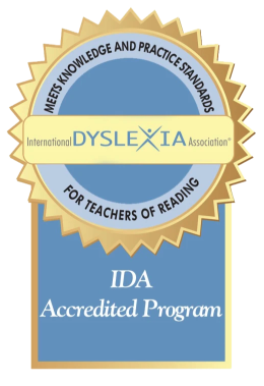Maine Professional Learning Courses
Keys to Literacy is proud to offer Maine educators engaging, research-based learning modules built to support strong instruction and drive successful student outcomes.
To enroll in these course offerings, please complete the registration form linked below.
Click below for group registration.
Our Process
Asynchronous Design for On-Demand Access
All our courses and their component modules are designed for asynchronous, on-demand access:
- Participants have 24/7 access to course content for one full year after registration
- Our learning management system automatically saves progress, builds progress reports, and provides certificates upon completion
- Courses can be paused and resumed at any point
- User-friendly interface allows for easy navigation between modules
This design ensures that educators can access professional learning at times that fit their schedules and may progress at their own pace, maximizing the impact of the learning experience.


Core Course Offerings
While our courses are comprehensive in nature, we have designed them to be modular, allowing Maine SAUs to select specific 4- to 6-hour modules based on their needs. This flexibility ensures that educators can access targeted professional learning that addresses their specific areas of focus within the Science of Reading framework.
Our comprehensive course offerings aligned with Maine DOE:
-
-
- Keys to Beginning Reading (KBR): Our flagship IDA-accredited K-5 course covers all essential components of structured literacy, including phonological awareness, phonics, fluency, vocabulary, oral language, and comprehension.
- Keys to Early Writing (KEW): Evidence-based writing instruction for K-2 with special emphasis on foundational skills and development.
- Keys to Content Writing (KCW): Evidence-based writing instruction for grades 3-5 with a focus on using writing as a tool to strengthen comprehension and written expression.
- Understanding Dyslexia (UD): Professional learning on dyslexia characteristics and research-based approaches to effectively support students with language-based learning differences.
-
Course Modules
- Keys to Beginning Reading (KBR)
- Keys to Early Writing (KEW)
- Keys to Content Writing (KCW)
- Understanding Dyslexia (UD)
Keys to Beginning Reading (KBR)
This IDA-accredited program provides comprehensive training in Science of Reading principles and practices for K-5 literacy instruction. The full course includes 11 modules totaling 40 hours. To accommodate Maine’s unique educational landscape, for the first time we are offering unprecedented flexibility through individual module access. Maine educators can select specific modules that align with their immediate professional learning priorities, allowing districts to create customized implementation pathways that address their particular literacy instruction needs while maintaining the program’s research-based integrity.
Course Overview:
- Grades K-5
- Total course: 40 hours across 11 modules
- Module length ranges from 1.5-9 hours
- 7 out of 11 modules fall within or below the 4-6 hour range
- While longer modules (Phonics & Advanced Word Study at 8 hours and Comprehension at 9 hours) exceed the preferred range, these modules are designed to be delivered as complete units to maintain instructional coherence
- Districts may select which modules best meet their needs based on local priorities and professional learning goals
Module Overview:
| Module | Hours | Key Topics |
| 1. Literacy Basics | 2 |
|
| 2. Oral Language | 3 |
|
| 3. Phonological & Phonemic Awareness | 2 |
|
| 4. Phonics & Advanced Word Study | 8 |
|
| 5. Fluency | 3 |
|
| 6. Vocabulary | 6 |
|
| 7. Sentence Structure | 1.5 |
|
| 8. Text Structure | 1.5 |
|
| 9. Comprehension | 9 |
|
| 10. Students with Reading Difficulties | 2 |
|
| 11. Reading Assessment | 2 |
|
Keys to Early Writing (KEW)
Our K-2 writing program focuses on foundational writing skills with emphasis on the connection between reading and writing development. This course is presented to Maine educators in two parts of 6 hours each, delivered as standalone modules.
Course Overview:
- Grades K-2
- Total course: 12 hours across 2 modules
- Two modules each 6 hours in length
- Districts may select which modules best meet their needs based on local priorities and professional learning goals
Module Overview:
Our K-2 writing program focuses on foundational writing skills with emphasis on the connection between reading and writing development. The course is divided into two independent parts of 6 hours each, which can be taken in any order:
| Module | Hours | Key Topics |
| Part A | 6 | • Writing Basics
• Writing Community • Writing Process • Writer’s Craft and Text Structure |
| Part B | 6 | • First Steps: Drawing, Labels and Lists
• Syntax, Sentences • Paragraph Writing • Writing from Sources |
Note: Part A and Part B are designed as standalone modules. Participants may take either module independently, and there is no prerequisite requirement to complete them in sequence.
Keys to Content Writing (KCW)
Designed for grades 3-5, this course focuses on using writing as a tool to strengthen comprehension and written expression. Like KEW, this course is presented to Maine educators in two parts of 6 hours each, delivered as standalone modules.
Course Overview:
- Grades 3-5
- Total course: 12 hours across 2 modules
- Two modules each 6 hours in length
- Districts may select which modules best meet their needs based on local priorities and professional learning goals
Module Overview:
Designed for grades 3 and up, this course focuses on using writing as a tool to strengthen comprehension and written expression. Like KEW, it is divided into two independent parts that can be taken in any order:
| Module | Hours | Key Topics |
| Part A | 6 | • Writing Basics
• Quick Writes • Sentences & Paragraphs |
| Part B | 6 | • Writing Process
• Summary Writing • Three Types of Writing • Writing from Sources |
Note: Part A and Part B are designed as standalone modules. Participants may take either module independently, and there is no prerequisite requirement to complete them in sequence.
Understanding Dyslexia (UD)
This focused 6-hour course provides essential professional learning on dyslexia characteristics and effective support strategies for students with language-based learning differences.
Course Overview:
- Grades K-5
- Total course: 6 hours
Module Overview:
| Hours | UD Key Topics |
| 6 | • What is Dyslexia?
• The Reading Brain • Dyslexia and the Five Components of Reading • Screening for Dyslexia • Effective Instruction for Students with Dyslexia • Structured Literacy: Sounds • Structured Literacy: Sound-Symbol Correspondances • Structured Literacy: Syllable Types • Structured Literacy: Morphemes |
Register Today!
To enroll in these course offerings, please complete the registration form linked below.
Click below for group registration.

